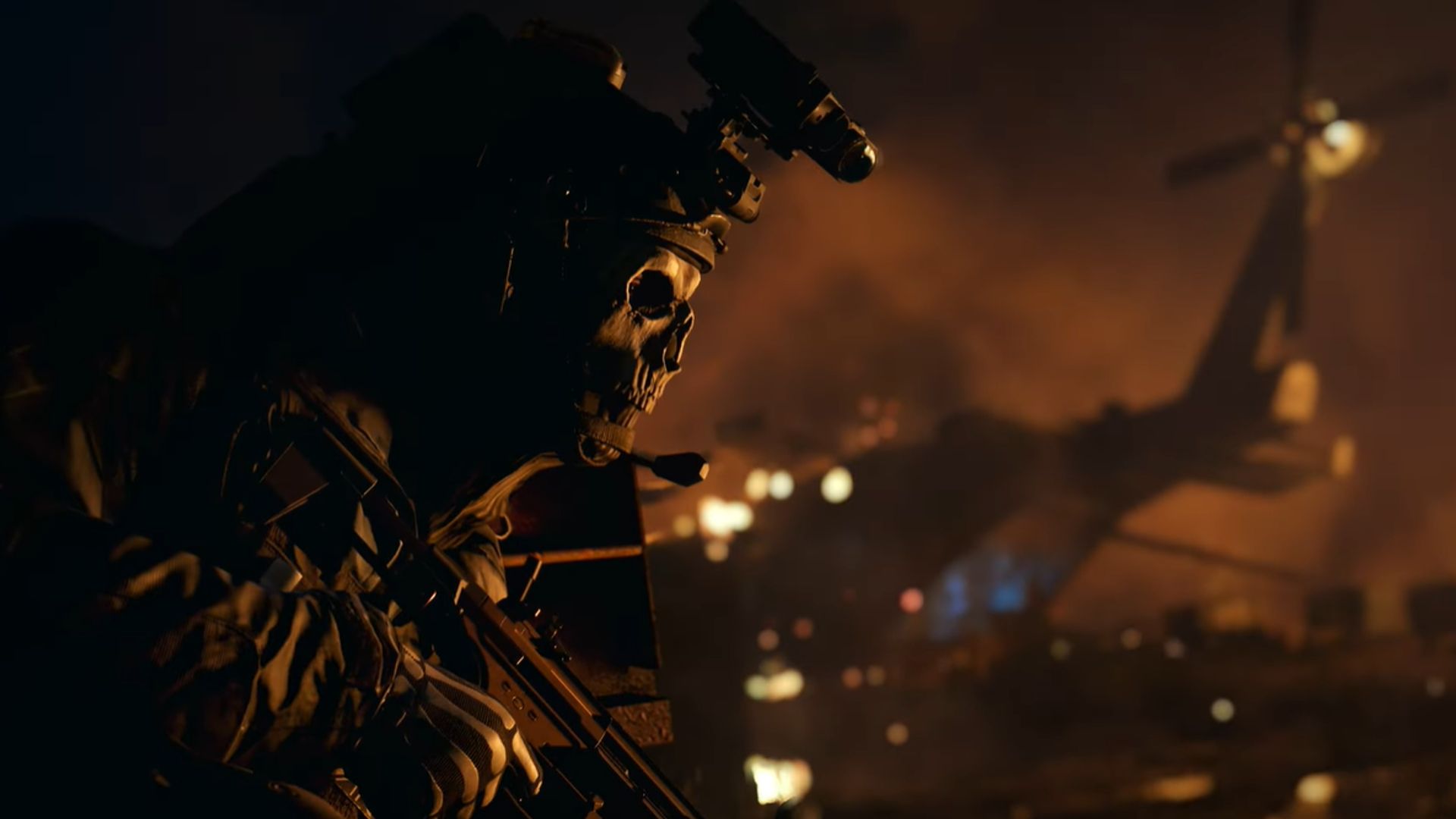Microsoft defends Activision Blizzard deal by saying the studio doesn't make "must have" games
The juggernaut is brushing off anti-competition concerns from regulators

Microsoft is defending its $68 billion bid to buy Activision Blizzard by arguing that the studio doesn't make any "must have" games.
In a response to the New Zealand Commerce Commission (thanks, RPS), Microsoft brushed off anti-competition concerns by saying, essentially, that Activision Blizzard doesn't have any killer apps that might prevent competition from the company's rivals.
"Specifically, with respect to Activision Blizzard video games, there is nothing unique about the video games developed and published by Activision Blizzard that is a 'must have' for rival PC and console video game distributors that could give rise to a foreclosure concern," reads Microsoft's response.
Microsoft's Activision Blizzard buyout is facing scrutiny from a number of competition regulators in several countries. The United States Federal Trade Commission (FTC) is still reviewing details of the deal and as well as any potential labor impacts it might have, while the UK's competition watchdog launched its own investigation last month.
Meanwhile, the Activision Blizzard lawsuit from California's Department of Fair Employment and Housing (DFEH) is ongoing, despite no new developments for several months. Back in April, the lawyer leading the case against the company resigned, claiming California governor Gavin Newsom had interfered with the lawsuit.
Here's what Microsoft's latest acquisition could mean for Activision Blizzard and Xbox Game Studios.
Weekly digests, tales from the communities you love, and more
After earning an English degree from ASU, I worked as a corporate copy editor while freelancing for places like SFX Magazine, Screen Rant, Game Revolution, and MMORPG on the side. I got my big break here in 2019 with a freelance news gig, and I was hired on as GamesRadar's west coast Staff Writer in 2021. That means I'm responsible for managing the site's western regional executive branch, AKA my home office, and writing about whatever horror game I'm too afraid to finish.



